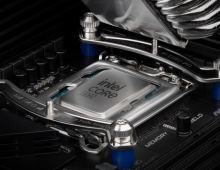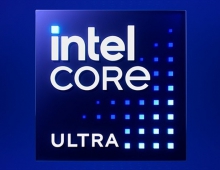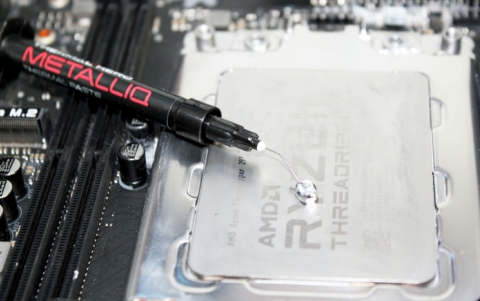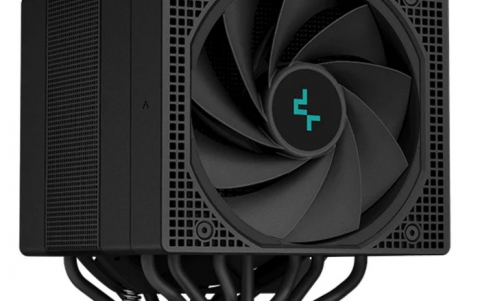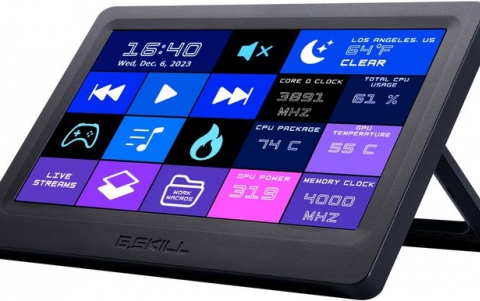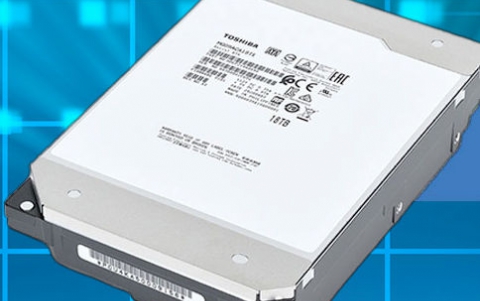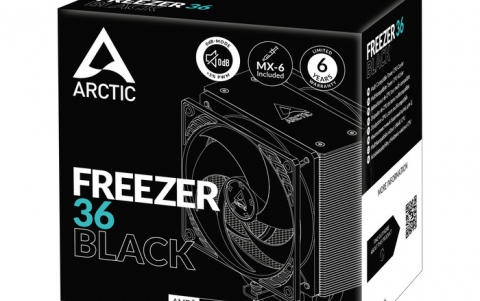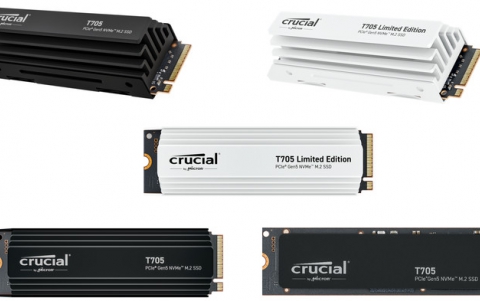
Intel To Natively Support USB 3.0 With Panther Point Chipset
Intel's first chipset that will natively support the USB 3.0 interface will eventually come not before 2012, according to the company's current plans.
According to an document hosted at Baidu.com, Intel's "Ivy Bridge" platform, which incldues the "Panther Point" chipset will include up to 4 integrated USB 3.0 ports, will feature power management enhancements and also contribute to a lower platform average power as well as BOM savings.
Intel is also expected to offer USB 3.0 drivers for only Windows 7 and the upcoming Windows 8 operating systems, while users of Windows XP & Vista OS will not be able to enjoy the increased speeds of USB 3.0, and the ports will function as USB 2.0 through a new BIOS using native Windows EHCI driver.
According to a block diagram of the Panther Point PCH, it will include two EHCI controllers as well as a new XHCI controller. The provided USB 3.0 ports will be limited to 4 and the rest 10 ports will be USB 2.0. So the XHCI controller supports both USB 3.0 and USB 2.0 (Super-sped and High-speed).

Intel's solution is also not requiring firmware, something that the current AMD/ Renesas implementation requires. Intel's implementation also allows for full BIOS support.
We are not sure why Intel will not support USB 3.0 earlier than 2012, possibly in the upcoming Z68 chipset.
Intel is also expected to offer USB 3.0 drivers for only Windows 7 and the upcoming Windows 8 operating systems, while users of Windows XP & Vista OS will not be able to enjoy the increased speeds of USB 3.0, and the ports will function as USB 2.0 through a new BIOS using native Windows EHCI driver.
According to a block diagram of the Panther Point PCH, it will include two EHCI controllers as well as a new XHCI controller. The provided USB 3.0 ports will be limited to 4 and the rest 10 ports will be USB 2.0. So the XHCI controller supports both USB 3.0 and USB 2.0 (Super-sped and High-speed).

Intel's solution is also not requiring firmware, something that the current AMD/ Renesas implementation requires. Intel's implementation also allows for full BIOS support.
We are not sure why Intel will not support USB 3.0 earlier than 2012, possibly in the upcoming Z68 chipset.





